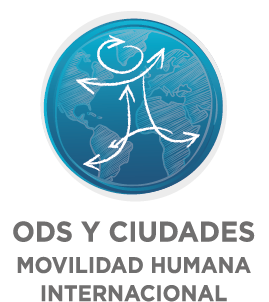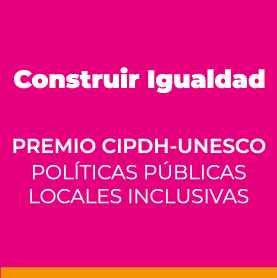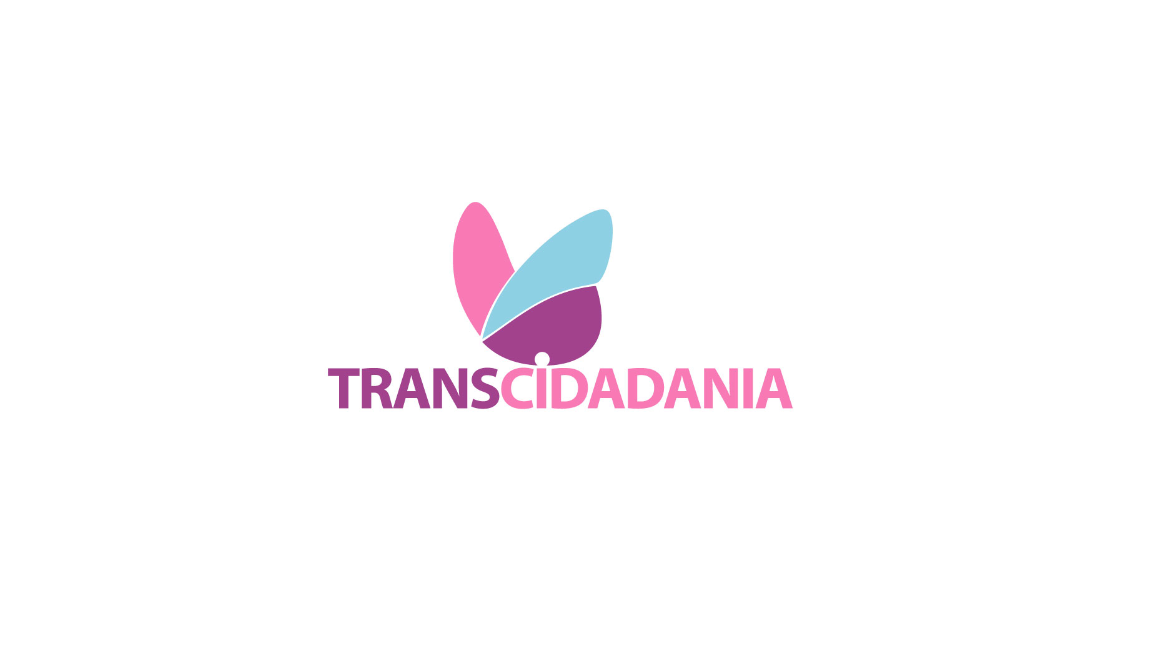
- Region
- Latin America and the Caribbean
- Range of Demographic Size
- 1,000,000 inhabitants or more (metropolis)
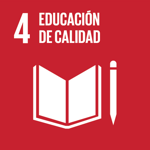
4.3 By 2030, ensure equal access for all women and men to affordable and quality technical, vocational and tertiary education, including university.
4.4 By 2030, substantially increase the number of youth and adults who have relevant skills, including technical and professional skills, to access employment, decent jobs and entrepreneurship.
4.5 By 2030, eliminate gender disparities in education and ensure equal access to all levels of education and vocational training for the vulnerable, including persons with disabilities, indigenous peoples and children in vulnerable situations.
4.6 By 2030, ensure that all youth and at least a substantial proportion of adults, both men and women, achieve literacy and numeracy.
4.7 By 2030, ensure that all learners acquire the knowledge and skills needed to promote sustainable development, including, among others, through education for sustainable development and sustainable lifestyles, human rights, gender equality, promotion of a culture of peace and non-violence, global citizenship and appreciation of cultural diversity and of culture’s contribution to sustainable development, among other means.
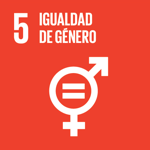
5.1 End all forms of discrimination against all women and girls everywhere in the world.
5.2 Eliminate all forms of violence against all women and girls in the public and private spheres, including trafficking and sexual and other types of exploitation.
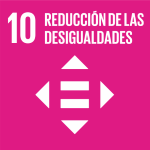
10-2 By 2030, empower and promote the social, economic and political inclusion of all, irrespective of age, sex, disability, race, ethnicity, origin, religion or economic or other status.
10.3 Ensure equal opportunity and reduce inequalities of outcome, including by eliminating discriminatory laws, policies and practices and promoting appropriate legislation, policies and action in this regard.
10.4 Adopt policies, especially fiscal, wage and social protection policies, and progressively achieve greater equality.
E - Gender equality
G - Territorial inequality, spatial mobility and vulnerability
• Inter-American Convention on the Prevention, Punishment, and Eradication of Violence against Women (Convention of Belém do Pará)
Convention on the Elimination of all Forms of Discrimination Against Women (CEDAW).
Additional Protocol to the American Convention on Human Rights in economic, social and cultural rights (San Salvador Protocol).
International Covenant on Economic, Social and Cultural Rights (ICESCR).
Summary
This program is implemented jointly by the municipal secretariats of Human Rights and Citizenship (Sexual Diversity Coordination) and of Economic and Work Development. This is an initiative which promotes and strengthens labor inclusion, social reintegration and valorization of the citizenship for the LGBTI population with violated rights.
It has the general purpose of providing a historical reparation to transvestites and transgender persons through psychosocial, legal and pedagogical support to reduce social inequality.
In its implementation, it combines inter-sectorial actions with other municipal areas such as education, health and social assistance. It includes strategies such as the transfer of income conditioned by the development of formal and informal educational activities, the support during the transgender process and the heath demands it entails, etc.
Implementation Date:
Start: 01 / 1 / 2015
End: End: Currently in force
Education and training
Institutional strengthening
Instrumentos

4.3 By 2030, ensure equal access for all women and men to affordable and quality technical, vocational and tertiary education, including university.
4.4 By 2030, substantially increase the number of youth and adults who have relevant skills, including technical and professional skills, to access employment, decent jobs and entrepreneurship.
4.5 By 2030, eliminate gender disparities in education and ensure equal access to all levels of education and vocational training for the vulnerable, including persons with disabilities, indigenous peoples and children in vulnerable situations.
4.6 By 2030, ensure that all youth and at least a substantial proportion of adults, both men and women, achieve literacy and numeracy.
4.7 By 2030, ensure that all learners acquire the knowledge and skills needed to promote sustainable development, including, among others, through education for sustainable development and sustainable lifestyles, human rights, gender equality, promotion of a culture of peace and non-violence, global citizenship and appreciation of cultural diversity and of culture’s contribution to sustainable development, among other means.

5.1 End all forms of discrimination against all women and girls everywhere in the world.
5.2 Eliminate all forms of violence against all women and girls in the public and private spheres, including trafficking and sexual and other types of exploitation.

10-2 By 2030, empower and promote the social, economic and political inclusion of all, irrespective of age, sex, disability, race, ethnicity, origin, religion or economic or other status.
10.3 Ensure equal opportunity and reduce inequalities of outcome, including by eliminating discriminatory laws, policies and practices and promoting appropriate legislation, policies and action in this regard.
10.4 Adopt policies, especially fiscal, wage and social protection policies, and progressively achieve greater equality.
E - Gender equality
G - Territorial inequality, spatial mobility and vulnerability
• Inter-American Convention on the Prevention, Punishment, and Eradication of Violence against Women (Convention of Belém do Pará)
Convention on the Elimination of all Forms of Discrimination Against Women (CEDAW).
Additional Protocol to the American Convention on Human Rights in economic, social and cultural rights (San Salvador Protocol).
International Covenant on Economic, Social and Cultural Rights (ICESCR).
Location
- Region
- Latin America and the Caribbean
- Range of Demographic Size
- 1,000,000 inhabitants or more (metropolis)
Contact details
- Email: asantossousa@prefeitura.sp.gov.br
- Web: https://www.prefeitura.sp.gov.br/cidade/secretarias/direitos_humanos/lgbti/programas_e_projetos/index.php
- Telephone: +55 (11) 2833-4323
- Social network:


